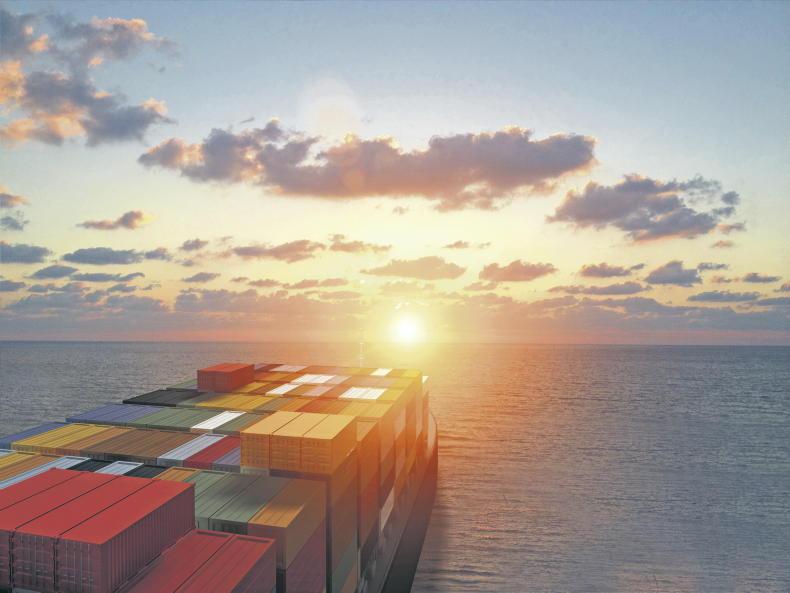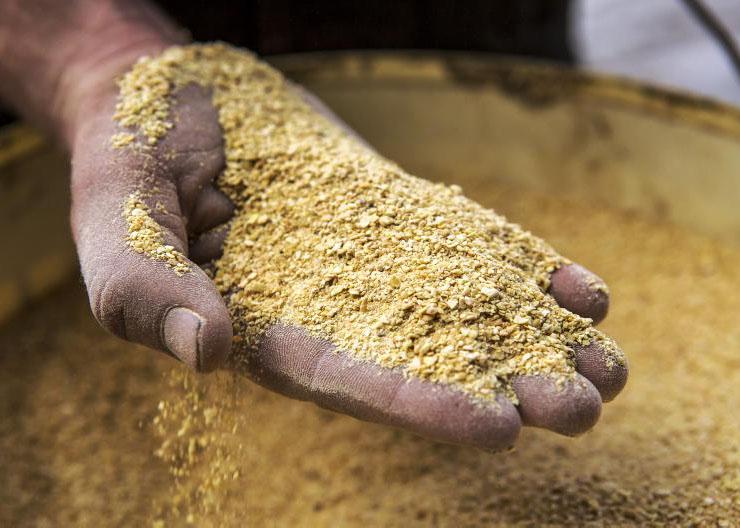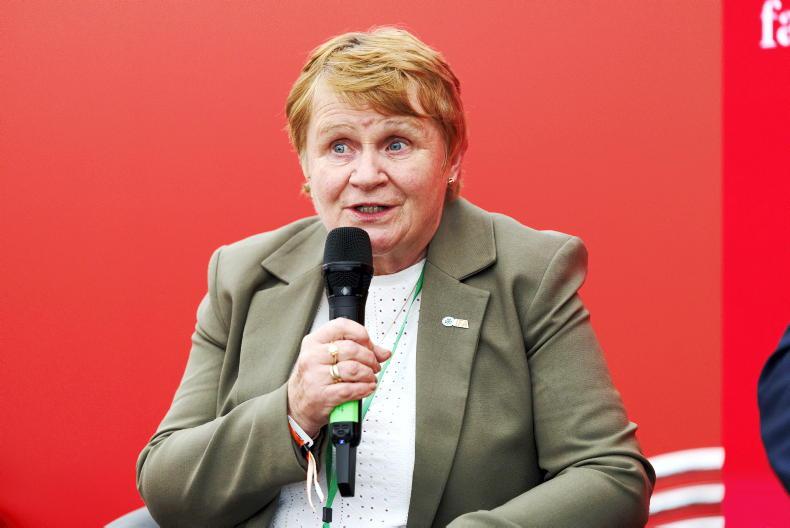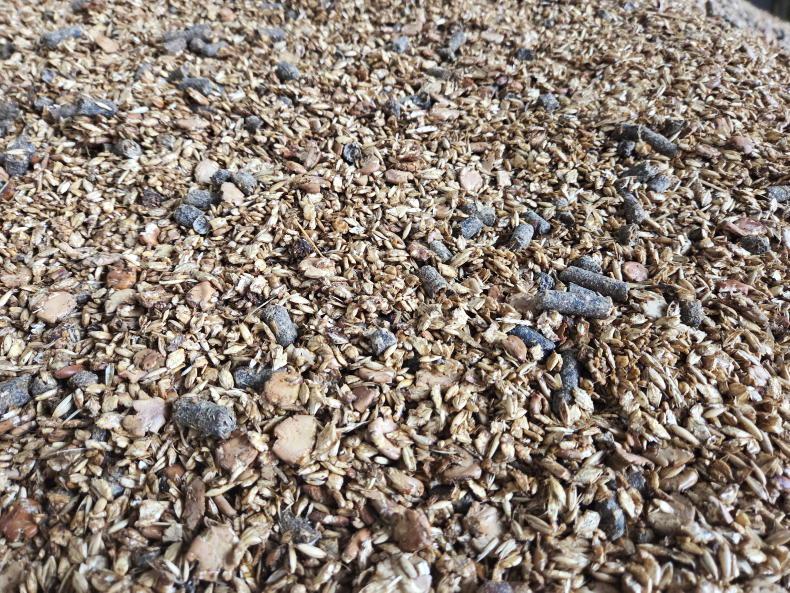Brazil’s new president, Luiz Inácio da Silva, or Lula as he is commonly referred to, was inaugurated this week, replacing Jair Bolsonaro. He has appointed Carlos Fávaro as minister for agriculture and livestock.
Interestingly from an Irish farming viewpoint, one of the three people he received on his first day at work was UK minister of the environment, agriculture and rural affairs Thérèse Coffey. They discussed issues of co-operation between the two countries, with Minister Fávaro saying: “It is very important on my first day of work to have the UK sharing the same goals.”
Minister Coffey tweeted after the meeting that they had discussed sustainable farming and food insecurity and that she expressed a “desire to strengthen our cooperation on low carbon agriculture and sustainable supply chains”.
Minister Fávaro, who comes from an agribusiness background, said “the new government should engage in a recovery programme for degraded areas for the growth of planted areas”, and that “Brazil has become a world pariah with disrespect for the environment”.
New Amazon commitment
Meanwhile, the incoming president who served previously between 2003 and 2010, emphasised his commitment to preservation of the Amazon rainforest. One of his first actions was to revoke a decree that allowed for gold mining on indigenous lands (rainforest) as well as resurrecting the Amazon fund which is used to tackle deforestation.
During his previous term, rainforest clearance fell from 27,800km2 in 2004 to 7,000km2 in 2010 and continued falling to an annual low point of 4,600km2 in 2012. During the Bolsonaro presidency this process was reversed, with annual rainforest clearance doubling from 6,900km2 in 2017 to 13,500km2 in 2021 (Source: National Space Research Agency – INPE).
To put these numbers in context, Ireland’s largest county is Cork at 7,500km2 and if the second-largest county (Galway, 6,149km2) is added it is the size of the total area of rainforest cleared in Brazil in 2021.
A restoration of rainforest protection is expected to lead to the EU moving to ratify the Mercosur trade deal.










SHARING OPTIONS